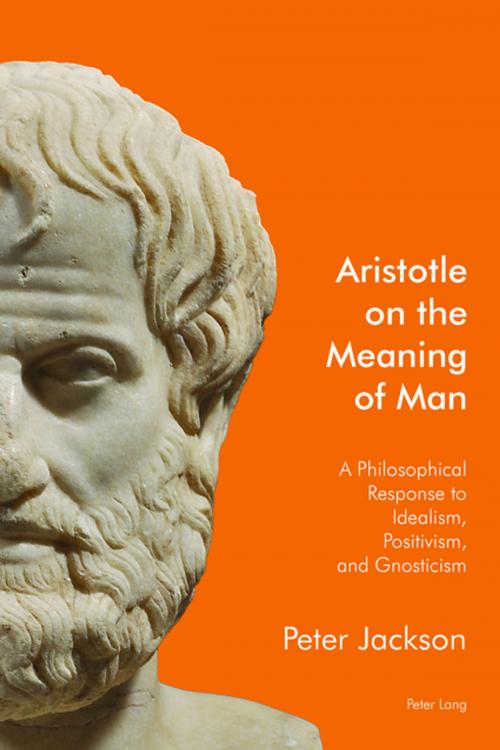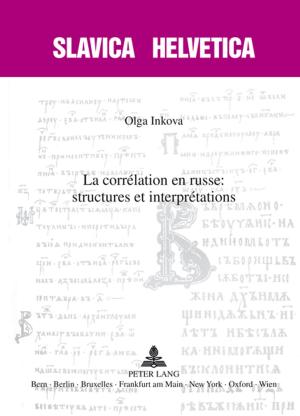Aristotle on the Meaning of Man
A Philosophical Response to Idealism, Positivism, and Gnosticism
Nonfiction, Religion & Spirituality, Philosophy, Ancient| Author: | Peter Jackson | ISBN: | 9781787070943 |
| Publisher: | Peter Lang | Publication: | August 31, 2016 |
| Imprint: | Peter Lang Ltd, International Academic Publishers | Language: | English |
| Author: | Peter Jackson |
| ISBN: | 9781787070943 |
| Publisher: | Peter Lang |
| Publication: | August 31, 2016 |
| Imprint: | Peter Lang Ltd, International Academic Publishers |
| Language: | English |
Why was (and is) Aristotle «right» and why are we «wrong»? In other words, why are Aristotle’s philosophical reflections on man and the world full, real, and convincing and why is so much of our modern philosophy partial and false? This work offers a detailed assessment of Aristotle’s thought in response to these questions.
Using «man» as a case study, this work shows how Aristotle philosophically treats «him» as a physical, biological, social, political, ethical, creative, poeticising, and philosophising object in the world. It then continues by laying out his consequent conclusions regarding the necessary capacities of natural objects in the world.
Regarding the modern philosophical approach to «man», this work shows that it flows from several directions into narcissism, nihilism, and a desire to control and manipulate the world and other people. In short, this work considers these approaches and seeks to show that Aristotle’s philosophy is «right», true, and commendable and that our modern philosophy is (often) «wrong», vacuous, and distasteful.
Why was (and is) Aristotle «right» and why are we «wrong»? In other words, why are Aristotle’s philosophical reflections on man and the world full, real, and convincing and why is so much of our modern philosophy partial and false? This work offers a detailed assessment of Aristotle’s thought in response to these questions.
Using «man» as a case study, this work shows how Aristotle philosophically treats «him» as a physical, biological, social, political, ethical, creative, poeticising, and philosophising object in the world. It then continues by laying out his consequent conclusions regarding the necessary capacities of natural objects in the world.
Regarding the modern philosophical approach to «man», this work shows that it flows from several directions into narcissism, nihilism, and a desire to control and manipulate the world and other people. In short, this work considers these approaches and seeks to show that Aristotle’s philosophy is «right», true, and commendable and that our modern philosophy is (often) «wrong», vacuous, and distasteful.















